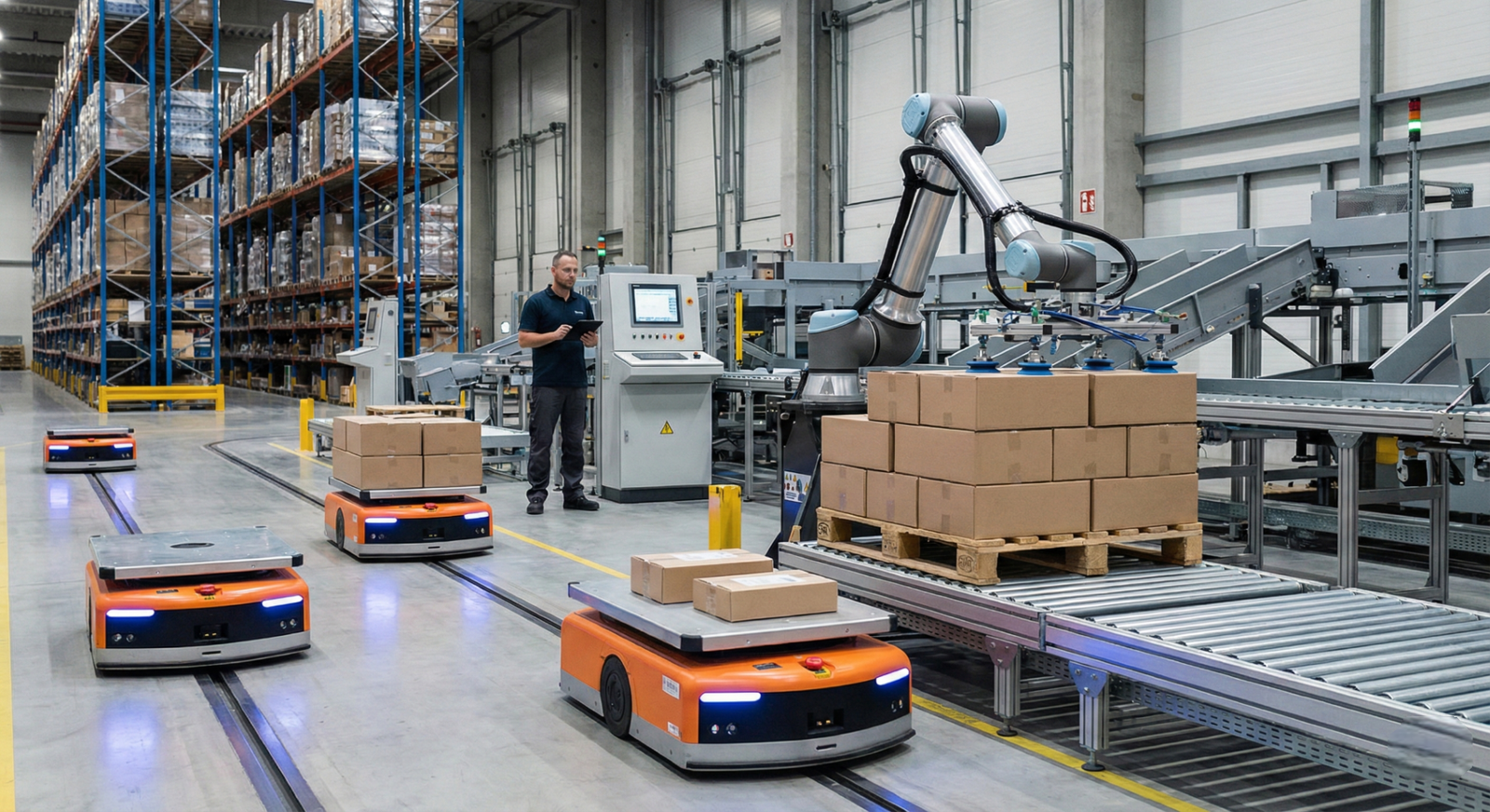Artificial intelligence (AI) is no longer a futuristic dream; it’s woven into the fabric of our daily lives. From helpful virtual assistants to self-driving cars, AI is revolutionizing industries with its promise of efficiency and innovation. But behind this shiny exterior lies a hidden truth: the exploitation of cheap labor, especially in developing countries, to train the algorithms that power these technologies.
While we marvel at AI’s capabilities, a vast, unseen workforce toils away, labeling data and refining algorithms, often for incredibly low wages and in poor working conditions. This article delves into the ethical concerns surrounding this hidden human cost of AI, exposing these exploitative practices and advocating for a fairer and more sustainable future for the workers who make this technology possible.
Decoding AI: Understanding the Training Process

To understand the exploitation inherent in AI development, we first need to grasp how AI is trained. Think of AI as a digital brain that learns and performs tasks that usually require human intelligence. Imagine a child learning to identify animals; they learn by observing and being told what each animal is. AI learns in a similar way, through data. The more data it processes, the more “intelligent” it becomes.
However, this data needs to be made understandable for the AI. This is where data labeling comes in. Humans meticulously annotate images, videos, text, and audio to teach AI to recognize patterns and make decisions. Consider self-driving cars. To navigate safely, they need to distinguish between a pedestrian and a lamppost. Humans label countless images, marking pedestrians so the AI can learn to identify them in real-time.
The amount of data required to train AI is massive – billions of data points, each needing human annotation. This huge demand for labeled data has created a massive need for data labelers, leading tech giants to seek out the cheapest labor sources they can find.
The Human Cost of AI: Exploiting Cheap Labor
In the pursuit of profit, tech companies often outsource data labeling to developing countries where wages are significantly lower and labor laws less strict. This outsourcing is particularly common in the Global South, including countries like Kenya, India, the Philippines, and Venezuela. While a data labeler in the United States might earn $10-$25 per hour, workers in Venezuela often receive between 90 cents and $2 for the same work. In the Philippines, people labeling data for companies like Scale AI often earn wages far below the minimum wage.
This huge difference in wages highlights the exploitative nature of the AI industry. Companies choose to outsource to reduce costs and maximize profits, often obscuring the human labor behind AI development from consumers in developed countries.
The exploitation goes beyond just low wages. Data labelers often work in precarious conditions, facing long hours, tight deadlines, and a lack of benefits or job security. They are often employed on short-term contracts with no guarantee of future work. Safety measures are often inadequate, and the work itself can be incredibly demanding and emotionally draining.
Case Studies: Exposing the Exploitation
The stories of data labelers in Kenya provide a stark example of the human cost of AI development. Companies like Meta, OpenAI, and Sama, responsible for some of the most advanced AI technologies, have been outsourcing data labeling work to Kenya, where workers are paid as little as $1.50 – $2 per hour.
These workers not only face low wages and unstable contracts but are also often exposed to deeply disturbing content. To train AI models to recognize and filter out harmful content, workers must sift through images and videos containing violence, hate speech, child abuse, and other graphic material. One worker in Kenya, tasked with labeling content for OpenAI, described having to look at “people being slaughtered, people engaging in sexual activity with animals, people abusing children physically and sexually, people committing suicide” for eight hours a day.
The psychological impact of such work is immense. Workers experience trauma, anxiety, depression, and social isolation. Sadly, despite the clear psychological demands of the job, mental health support is often inadequate or completely lacking.
The case of Remotasks, a subsidiary of Scale AI, further exposes the vulnerability of these workers. In March 2024, Remotasks abruptly shut down its operations in Kenya, leaving thousands of workers without jobs or explanation. This sudden closure highlights the lack of job security and agency that many data labelers face.
The exploitation of workers in the AI industry is not limited to Kenya. Similar practices have been reported in Finland, where prison inmates were used as a source of cheap labor to train AI models. This case raised serious ethical concerns about the exploitation of a captive workforce, further highlighting the need for greater regulation and scrutiny within the industry.
The great false hope of Silicon Valley is automation. But we’re only pretending—it’s actually humans behind it.
The Book: Living in the Shadow of AI
In her book Code Dependent: Living in the Shadow of AI, Madhumita Murgia, an AI editor at the Financial Times, sheds light on this issue through the story of a woman who established a data-labeling company operating in Kenya, Uganda, and India. This company, while claiming to lift people out of poverty by offering digital work, highlights the hidden human cost behind AI advancements. The founder of the company aptly states, “The great false hope of Silicon Valley is automation. But we’re only pretending—it’s actually humans behind it”.

The Unseen Scars: The Mental and Emotional Toll
The psychological impact of data labeling work can be devastating. Prolonged exposure to graphic content, especially without adequate mental health support, can leave lasting emotional and psychological scars. Workers often report experiencing nightmares, flashbacks, and increased anxiety.
Even when it doesn’t involve graphic content, the work itself can be mentally draining. Data labeling tasks are often repetitive and monotonous, requiring intense concentration for long periods. The pressure to meet deadlines and maintain high accuracy rates can contribute to burnout and stress.
Unfortunately, many companies fail to provide adequate mental health support for their data labelers. Workers are sometimes offered access to counseling services, but these are often limited in scope and duration. The support provided often fails to address the specific trauma and psychological needs of those exposed to disturbing content.
The lack of attention to worker well-being points to a systemic problem within the AI industry. The focus on profit maximization often overshadows ethical considerations, leading to the exploitation and neglect of the very people who make AI development possible.
Fighting Back: The Movement for Ethical AI
The exploitation of workers in the AI industry must not go unchallenged. Raising awareness about these unethical practices is crucial to driving change. It is time for governments, consumers, and tech companies to work together to create a more just and sustainable AI ecosystem.
One crucial step is for governments to implement updated labor laws and regulations that specifically address the needs and rights of digital workers. Current labor laws often fail to adequately protect gig workers and those employed through online platforms. New legislation should ensure fair wages, reasonable working hours, and access to benefits, regardless of employment status.
Workers are also organizing to demand better treatment. The Content Moderators Union in Africa, formed in Nairobi, is one example of a growing movement of data labelers fighting for their rights. Unions can play a vital role in advocating for better working conditions, fair wages, and access to mental health support.
Consumers also have a role to play. By supporting companies that are transparent about their supply chains and prioritize worker well-being, consumers can send a powerful message to the industry. Demanding ethical AI practices and holding companies accountable for the treatment of their workers can drive change from the bottom up.
Ultimately, the responsibility lies with tech giants to move away from exploitative practices. They must commit to fair wages, safe working conditions, and comprehensive mental health support for all their workers, including those involved in data labeling. Transparency in their supply chains and a genuine commitment to ethical AI development is crucial to ensuring a sustainable and equitable future for the industry.
Conclusion
Advancements in AI, while promising a future filled with possibilities, have come at a significant human cost. The convenience and efficiency we enjoy should not be built on the backs of exploited workers. The true cost of AI includes the unseen scars borne by those who train the algorithms, the mental and emotional toll exacted by an industry that prioritizes profit over people.
It is time to recognize the human face behind the digital brain. We must demand that the development and deployment of AI technologies are rooted in ethical practices, ensuring that the benefits of this transformative technology are shared equitably. By supporting worker rights, advocating for government regulation, and holding companies accountable, we can create a future where AI innovation and social justice go hand in hand.
Frequently Asked Questions (FAQs)
- What is data labeling in AI?
Data labeling is the process of tagging data, such as images, videos, or text, with meaningful information so that AI algorithms can learn from it. For example, labeling a picture of a cat as “cat” helps an AI model learn to identify cats in other images.
- Why is cheap labor exploited in AI training?
AI training requires vast amounts of labeled data, making it a labor-intensive process. To minimize costs, many tech companies outsource data labeling to developing countries where wages are significantly lower.
- What are the consequences of exploiting cheap labor for AI training?
Exploiting cheap labor perpetuates social and economic inequalities. Workers face low wages, precarious working conditions, and often suffer mental health consequences due to the nature of the work.
- How can we promote ethical AI practices?
We can promote ethical AI by supporting government regulation that protects digital workers, advocating for unionization efforts, and choosing to support companies that prioritize worker well-being.
- What can consumers do to support ethical AI?
Consumers can research and choose to support companies that are transparent about their AI development practices and have ethical labor policies. They can also advocate for stricter regulations and support organizations working to improve the lives of data labelers.





